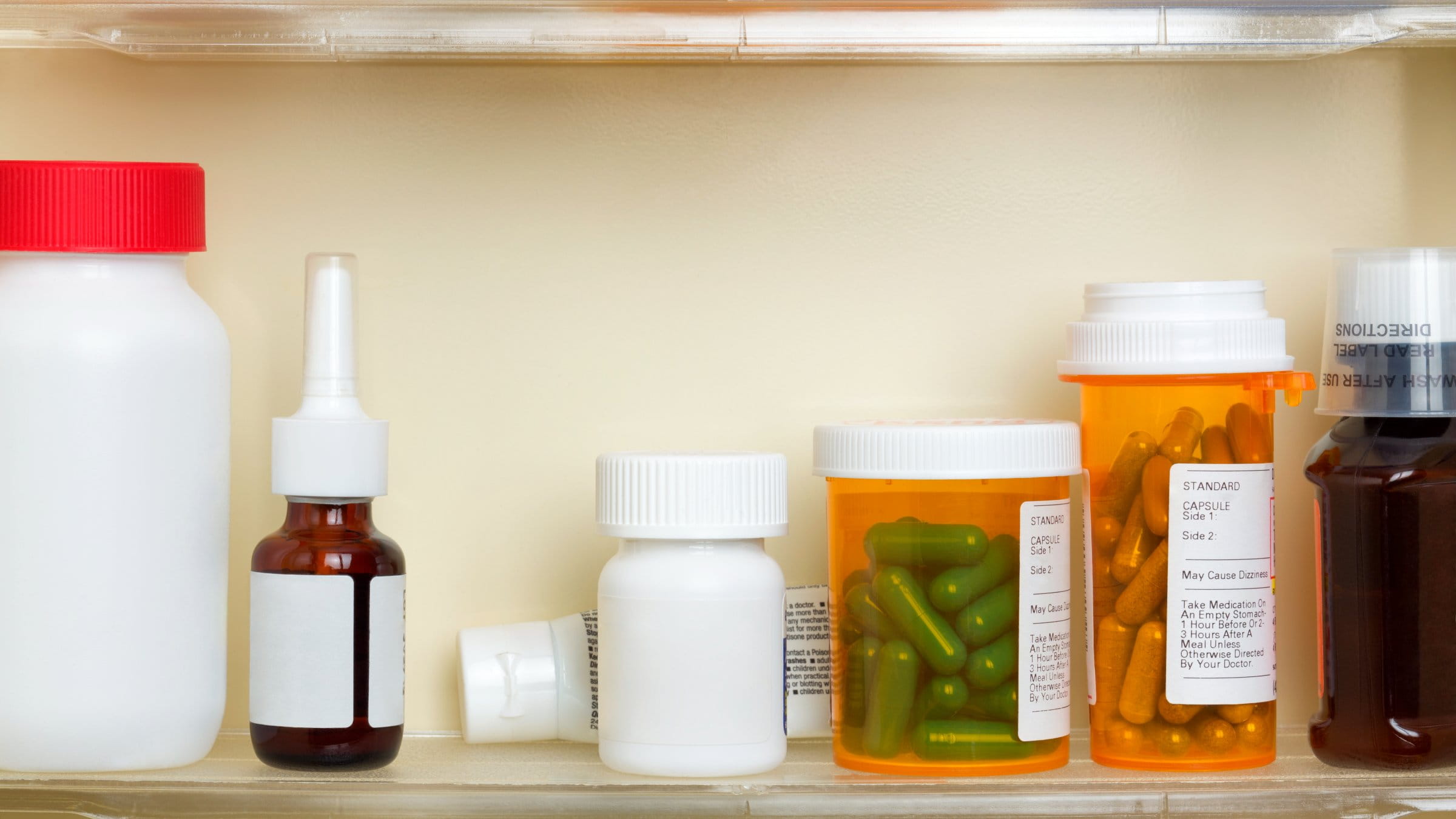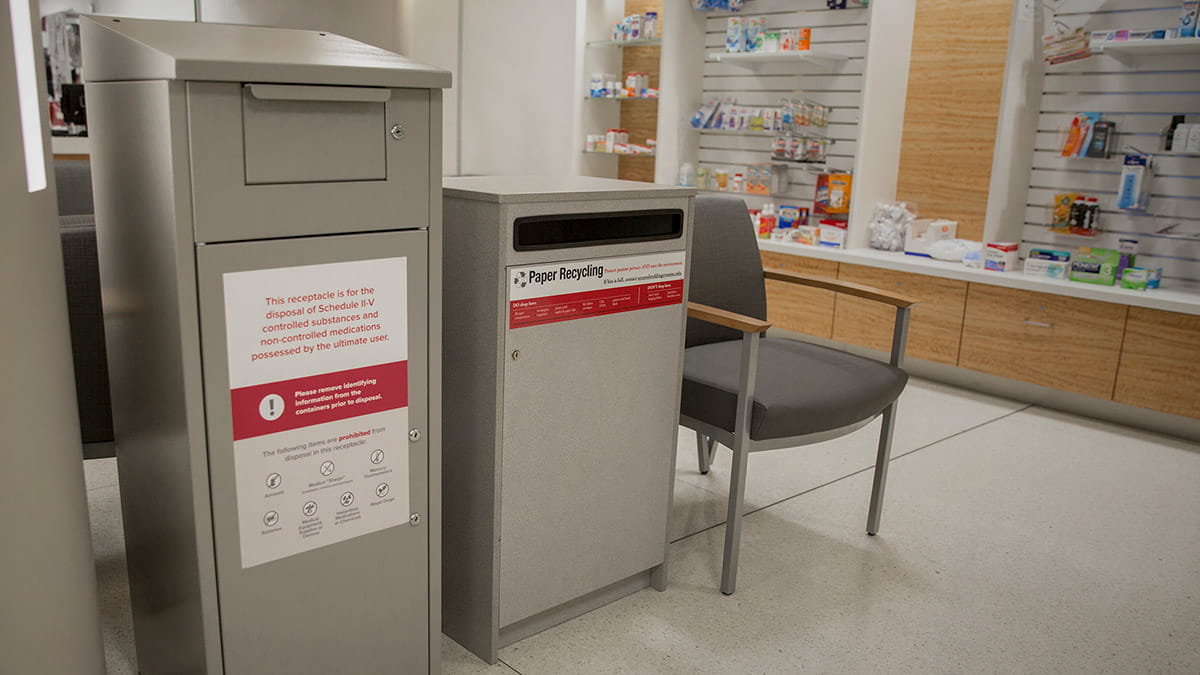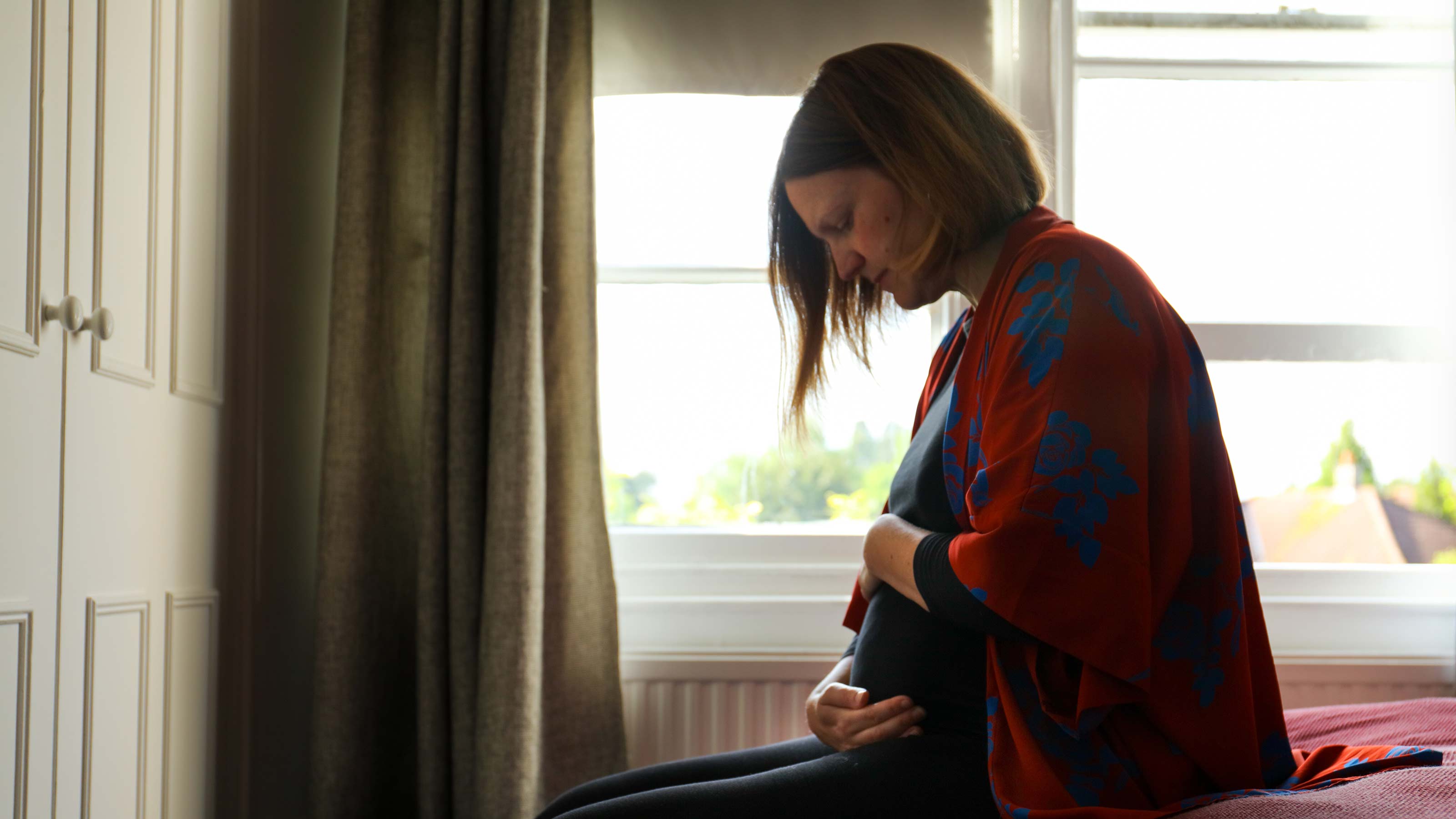
Are you in the midst of a cleaning spree? While you tidy and declutter, don’t forget your medicine cabinet. Regularly checking on your stored medications and disposing of any unused and expired medicines should be an important part of your cleaning routine.
To get started, look through your home and medicine cabinet for any unused or expired medications. Don’t forget your furry family members — clean out old or unneeded pet medicines, too. Upon collecting these medications, use one of these three options to dispose of your unused or expired medications safely.
1 Take advantage of drug take-back events
The Drug Enforcement Agency (DEA) offers periodic Drug Take Back Days at sites around the country throughout the year. For these events, the DEA partners locally with law enforcement, public health agencies, pharmacies and waste-management facilities to organize these free events. The next event is April 26, 2025.
At all designated drop-off sites, officials collect prescription and over-the-counter medicine anonymously — no questions asked. Then they dispose of the drugs through methods recommended by the DEA and the Environmental Protection Agency (EPA).
2 Take medicine to a drug drop box or permanent collection site
The DEA also offers an online directory of permanent collection sites that include pharmacies, police stations and other disposal locations.
The Ohio State University Wexner Medical Center’s Outpatient Pharmacy is one of those locations. A receptacle in the pharmacy allows anyone to deposit schedule II-IV controlled substances and non-controlled medications that have expired or are no longer wanted. The pharmacy is located on the conference level of the Ohio State University Comprehensive Cancer Center – Arthur G. James Cancer Hospital and Richard J. Solove Research Institute.
You can also check to see if there’s a permanent drop box location elsewhere in your community.

To learn more about the Ohio State Outpatient Pharmacy’s drug take back receptacle and the medications you can deposit there, see their FAQ.
3 Dispose of medication at home
The best option to safely dispose of your unused or expired medications is through a formal drug take back event or drop box location such as in a pharmacy, which send the medications to be destroyed in incinerators approved by the EPA. But that’s not always possible.
In some communities, you may be able to request drug deactivation pouches from your local health department, which provide a third option for safely disposing of medications at home. Drug deactivation bags typically use activated carbon to deactivate individual pills, rendering the medication ineffective. The sealed pouch is then placed in the regular household trash. Most pouches are also biodegradable, which helps lower the environmental impact.
Other at-home disposal methods, like flushing medications down the toilet, have been linked to water contamination, affecting local lakes and streams by disrupting the healthy water environment for fish and other wildlife. Medications that have been flushed are also introduced to our water treatment system — your local water filtration system may not be prepared to filter all of these foreign substances.
The U.S. Food and Drug Administration (FDA) does make a few exceptions to the no-flushing guideline. Some medications, such as those that contain opioids, are better to flush than to risk their misuse. A list of these medications is available at FDA.gov.
As a last resort, an additional at-home disposal method includes these three steps:
- Removing the medication from the container and mixing it with an undesirable substance, such as coffee grounds or cat litter
- Throwing away the sealed mixture in the trash
- Removing the prescription label and disposing of the empty bottle. The FDA provides a visual graphic of these three steps.
Using and storing your current medications safely
Remember that secure storage and disposal are key to safe medication-taking practices. We can all do our part to prevent the misuse of prescription medications with safe medication practices at home. These include:
- Use prescription medications only as directed by a health care professional. Don’t make any changes in your medication therapy without talking with your doctor or pharmacist.
- Don’t share or take someone else’s medication, as different people can respond to the same medication differently.
- Store medications in secure locations such as lockboxes, medication safes or other lockable spaces. Avoid storage places that children, pets or others can easily access, such as drawers, nightstands or kitchen counters/cabinets.
- Avoid keeping unused medication. Most people who misuse medication get them from family members or friends. And while that unused medicine may have been the right medicine for you when it was prescribed, it might not be the best choice later, depending on other health factors. If you’re taking multiple medications, it may become difficult to keep track of medication that you should actively take versus medication that you’re “saving.” This confusion could lead to unexpected drug interactions.
- Don’t take expired medications, as they may be less effective than anticipated and may carry unexpected risks. Some medication can also become more potent over time — even if it’s less than a year old — so the dosage may be off.
- If you have unused or expired medications, properly dispose of them through one of the three options discussed.
- Be a role model — encourage your friends and family members to follow safe medication practices.
- We can all do our part to promote safe medication use and make a difference in our homes and communities. Remember to use your local pharmacist or health care provider as a trusted resource. They can answer questions about your medications, including safe storage and disposal methods.





